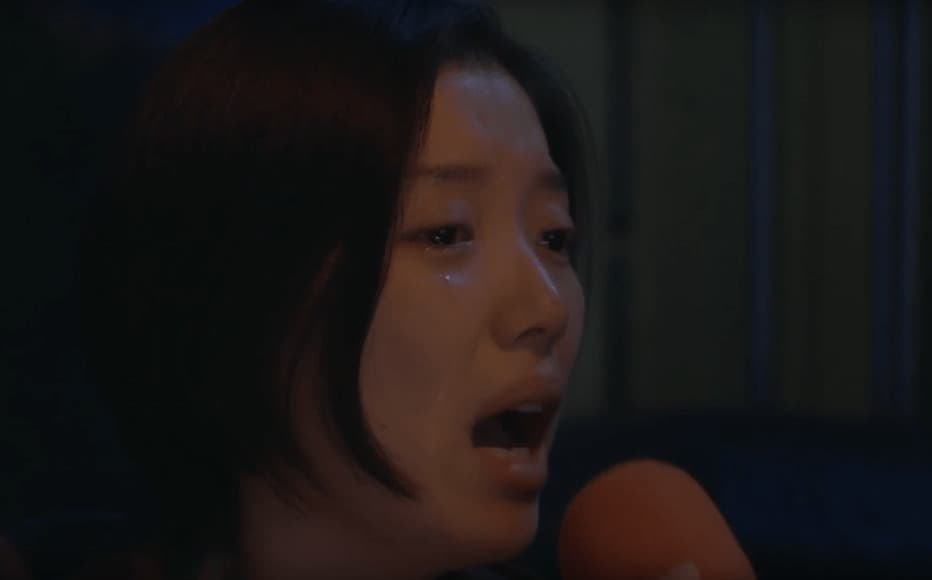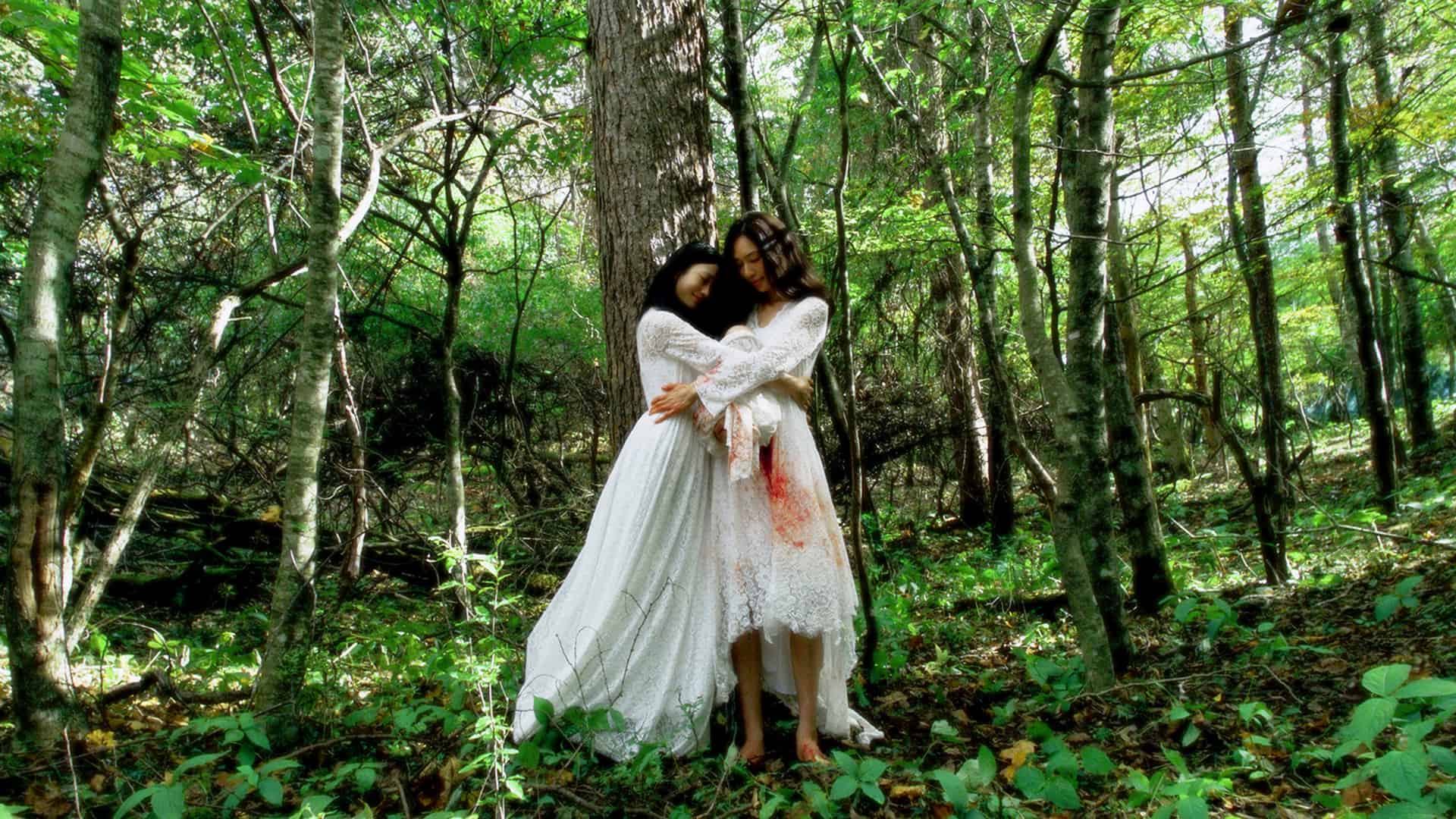What is better than one romantic love story? Two romantic love stories. This seems to be the motto Crisanto Aquino implemented in “Write about Love”, a film that he wrote and directed, and which led him to win awards for both of these capacities, along 6 more at Metro Manila Film Festival last year.
“Write about Love” is screening at Osaka Asian Film Festival

A rookie female writer, who also works in her family's clothes business and loves mainstream romantic stories, manages to sell one of her scripts to a film studio. However, being so young in the business, the company asks her to develop the script more and introduces her to a more experienced, indie film-writer. The two begin collaborating in the story, but their differences immediately create some issues. As the two continue working and spend time together, they get to know each other better and a kind of consensus is gradually built. At the same time, the film also portrays the couple in the romantic film the two are writing, Marco and Joyce, in essence juxtaposing fiction and reality, in an effort to show what it means to write about love.
Crisanto Aquino avoids most of the category clichés through a narrative that moves in three axes. The first one is the romance between the two writers, the second between the two protagonists of the movie, and the third is an analysis/deconstruction of how script-writers work. The combination of the three allows Aquino to come up with a truly unique romantic movie, while the way he manages to analyze his characters and the comments that he makes through them are a testament to both his writing and his direction. At the same time, the visualization of the script allows Aquino to include some elements in the story that would, otherwise, seems too melodramatic, in the most natural way.
In that fashion, the film deals with the difficulties relationships pose in the modern society where work and moneymaking is the dominant factor, love, family, health, regret, what makes a successful romantic movie and how the world of entertainment in general, functions. Regarding the last aspect, Aquino seems to also state that mainstream and arthouse filmmakers are not as different as many think, and the combination of the two could lead to great results.

The aforementioned, however, do not mean that the movie is a deep-thought drama, since its aesthetics are mainly of the feel-good movie, while the focus is on entertainment, an approach that suits, though, the narrative to the fullest. Lastly, the love for movies is emitted from every frame, in an additional element that makes the film fun to watch and highlights Aquino's efforts.
The acting is on perfect par with the overall aesthetics, with the two couples, Miles Ocampo and Rocco Nacino as the two writers, and Joem Bascon and Yeng Constantino as the “movie couple” highlighting their chemistry in the most eloquent way, while the differences in their lives and occupations and the way they portray them give more depth to the story.
Neil Daza's cinematography is a bit too polished, occasionally appearing as of a TV-drama, but again, it fits the general aesthetics of the film nicely, while a number of frames, particularly of the writers' couple, are impressive. Vanessa de Leon's editing is exceptional, with her implementing the two axes of the film smoothly, while retaining a relative fast pace that also adds to the entertainment the film offers.
“Write about Love” is interesting, different, well-shot, and particularly easy to watch, and I do not think there is anything else one could ask from a romantic comedy.















